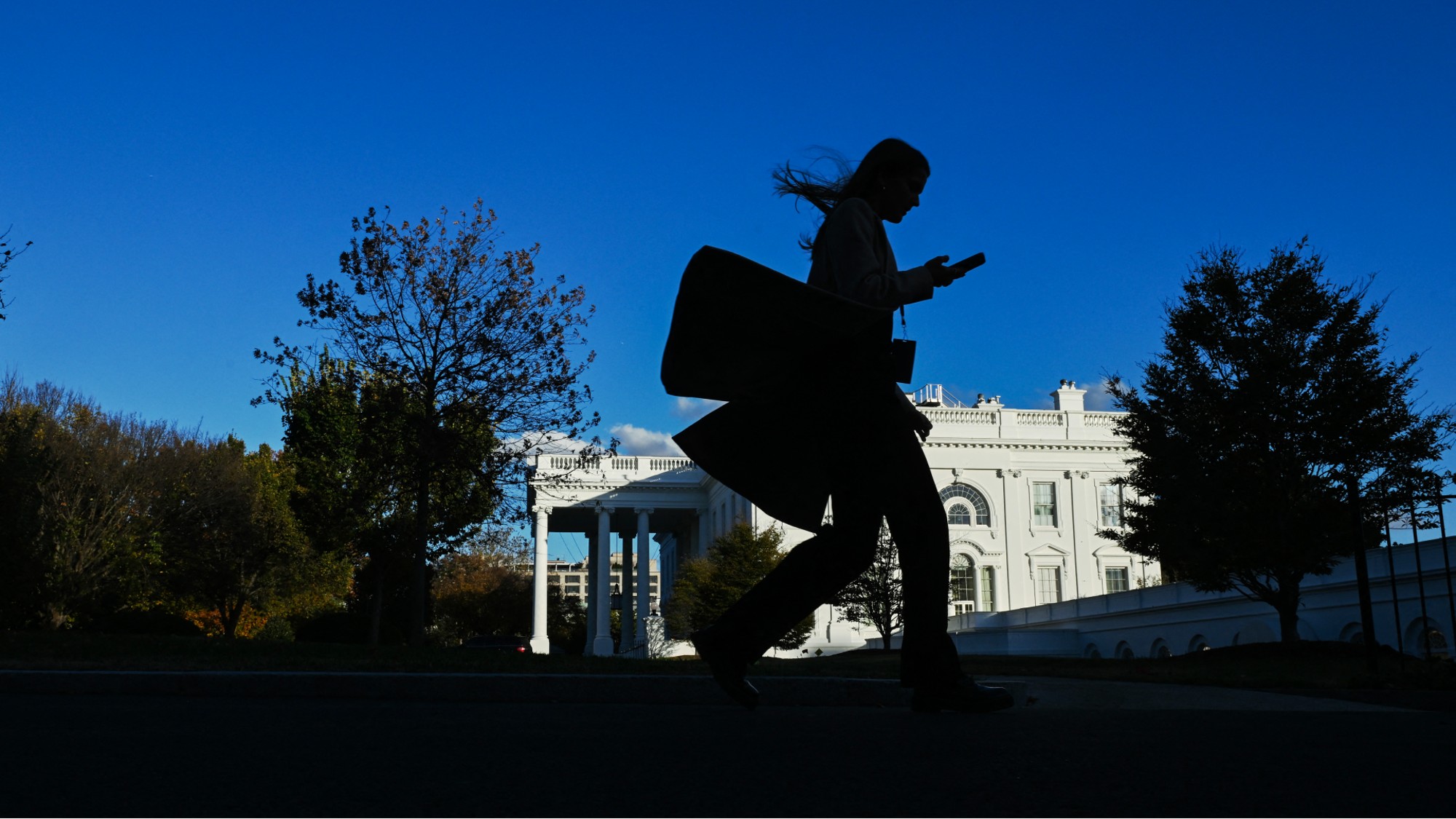Play all audios:
Donald Trump has been elected the 47th president of the United States, and will take office on Jan. 20, 2025, following an unexpectedly dominant victory over Vice President Kamala Harris.
Before that, though, he will have to complete a process that has been undertaken by all of his predecessors: the transition to the presidency. Trump's second go-around as
commander-in-chief will see him work to implement his official platform, known as Agenda 47. This comes amid continuing controversy over the conservative brainchild Project 2025; Trump
claims to have no affiliation with the project, though it overlaps heavily with his official agenda. The transition will also involve assembling a Cabinet and working to implement other
agenda items. WHAT ARE THE MAIN PARTS OF THE PRESIDENTIAL TRANSITION? To implement a transition to the White House, the winning candidate will look to their transition teams, which are
"responsible for organizing the personnel vetting, policy planning and management agendas to turn campaign promises into governing," according to the nonpartisan Center for
Presidential Transition (CPT). SUBSCRIBE TO THE WEEK Escape your echo chamber. Get the facts behind the news, plus analysis from multiple perspectives. SUBSCRIBE & SAVE SIGN UP FOR THE
WEEK'S FREE NEWSLETTERS From our morning news briefing to a weekly Good News Newsletter, get the best of The Week delivered directly to your inbox. From our morning news briefing to a
weekly Good News Newsletter, get the best of The Week delivered directly to your inbox. Both major candidates typically begin planning for a presidential transition in the months leading up
to the election. However, the transition can't move ahead without the General Services Administration (GSA). This little-known government agency "provides support to eligible
candidates, inter-agency transition teams, the presidential inauguration effort, and the outgoing president and vice president," according to the GSA website. Meanwhile, the
presidential transition teams work to help the president-elect with a variety of tasks. This includes selecting "more than 4,000 presidential appointees, including more than 1,200 who
require Senate confirmation" and creating a "set of legislative, executive and agency proposals based on the campaign platform," said the CPT. WHAT HAPPENS WHEN TRANSITIONS
GET COMPLICATED? The 2020 election showed that there were cracks in the transition process, particularly when it came to the GSA. At that time, Trump's "refusal to concede froze
the ability of President Joe Biden's transition team to gain access to federal funding and information for several weeks," said Politico. The GSA eventually ascertained
Biden's victory amid unsuccessful lawsuits from Trump challenging the election. After that, Congress "passed a law in 2022 allowing multiple leading presidential candidates to get
transition resources before a winner is determined in a contested election," said Politico. The law, the Presidential Transition Improvement Act, states that the GSA must begin the
transition within five days of the election — and must do so for both candidates if neither has conceded. This means in future elections, a candidate's "campaign staff could still
have access to key operations of government, including sensitive information, while courts and lawmakers battle over the final results," said The Washington Post. The law
"effectively mandates federal support and cooperation for both candidates to begin a transition," and "states that such support should continue until 'significant legal
challenges' that could alter electoral outcomes have been 'substantially resolved,'" said The Associated Press. But in an election where one candidate launches a barrage
of legal challenges, this means the "government potentially bestowing enough backing that both sides can prepare an administration until mid-December — only about a month before
Inauguration Day on Jan. 20." This is unlikely to occur in 2025 given Trump's large-margin victory, but it raises questions about future elections. In the past, it was
"neither candidate gets the funding" until a winner was declared, but "now it's both," Derek Muller, a University of Notre Dame law professor, said to the AP. The
dueling transitions "can last into mid-December. There's no question that's a risk. But I think it's a risk that they want to take."

